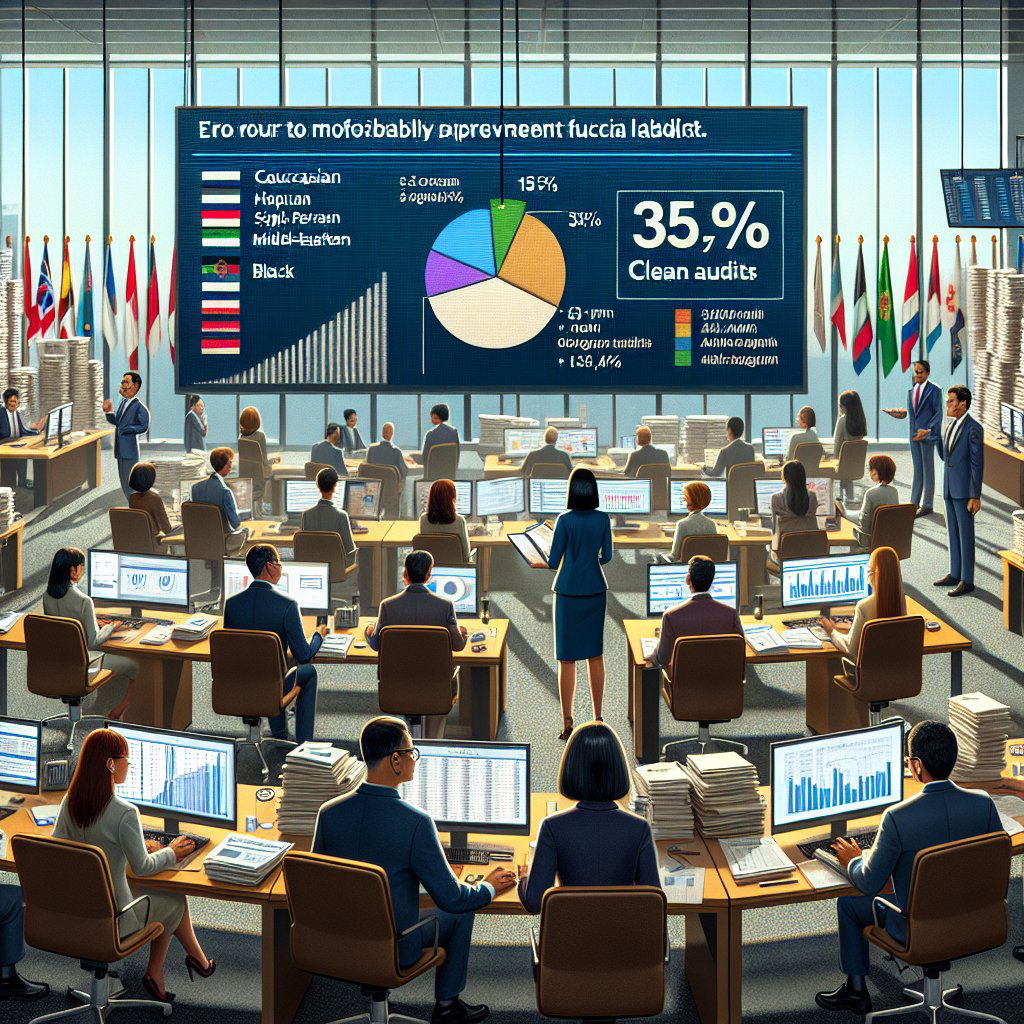Image: AI generated for illustration purposes
South African Public Institutions Display Notable Audit Improvements, Says Auditor-General
Auditor-General Tsakani Maluleke, in a brief to the standing committee on Wednesday, conveyed encouraging news regarding the improved financial governance within South Africa's public institutions. During the 2022-23 audit cycle, a striking enhancement in audit outcomes has been observed with a notable number of departments and entities accomplishing clean audits, a commendable nod to their commitment to transparency and accountability.
In an era where public trust is paramount, Maluleke's office, which oversaw a substantial R3.1-trillion budget, completed 418 audits, uncovering a growth in clean audits—a positive step forward for the country's fiscal responsibility. The Auditor-General's revelation that 35% of the auditees achieved clean audit status speaks volumes about the progress being made. Remarkably, 110 entities have maintained clean audits from the previous year, and 53 of these have done so for four consecutive years, underlying their consistent adherence to proper financial protocols.
The transformation in audit outcomes reflects positively on the nation, indicating that public institutions are not only preparing reliable financial statements and performance reports but are also operating within the rule of law. This stepped-up performance aligns with the principles laid out by the Public Finance Management Act (PFMA), fostering a culture of discipline and quality within the management systems of these bodies.
Furthermore, Maluleke pointed out that there has been a reduction in the number of public institutions receiving qualified, adverse, and disclaimer audit opinions which signifies a steady improvement over the past four years. Such progress illuminates the heightened efforts that governmental entities are putting into achieving commendable audit results—ensuring that finances are managed both legally and effectively.
Despite the glowing report on improvements, concerns persist with 31 public institutions still lagging behind due to outstanding audits. Issues range from late or non-submissions of financial statements to delays encountered during the audit process. Institutions such as Denel and the Passenger Rail Agency of South Africa, among others, have been identified as culprits in the delay of financial statement submissions. This hiccup in transparency and accountability, as pointed out by Maluleke, is one that must be urgently addressed to maintain the integrity of South Africa's public financial management.
Even with these challenges, provinces across the country have shown significant upward trends in audit outcomes as well. The Eastern Cape boasts a high number of clean audits while Free State and Gauteng have shown notable progress. The Western Cape remains ahead of the curve with 18 clean audits. In an encouraging revelation, parliament and eight out of the nine provincial legislatures earned clean audits, strengthening the authoritative position from which they can exercise oversight.
Although the state-owned entities (SOEs) have a mixed bag of results, with only the Development Bank of Southern Africa obtaining a clean audit opinion, the overall trajectory points towards an era of improved financial governance across public bodies in South Africa.
With Auditor-General Maluleke's thorough overview, it is clear that while significant strides have been made, there remains a need for steadfast commitment to eradicating complacency and delays in the audit process. Reflecting on these developments, South Africa's public institutions continue to strive towards elevating their financial transparency, which is fundamental in forging trust with the citizens and ensuring prudent management of taxpayer funds.


